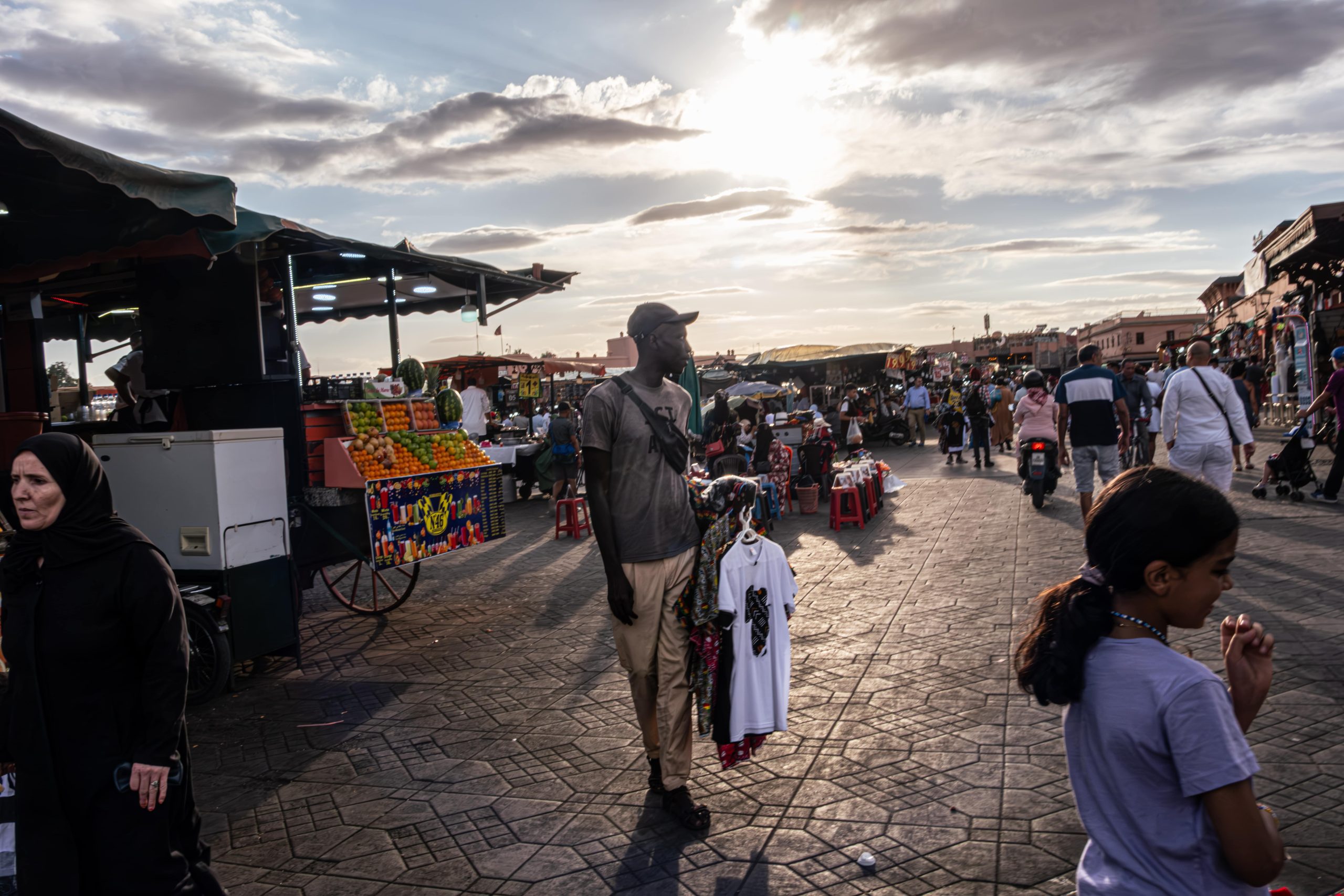The project was funded by the Pulitzer Center.
This project tells the lives of a sub-Saharan community in the Maghreb between the risk of exploitation and the challenge of integration. It shines a spotlight on inter-African migration and the effects of EU border externalization policies and the ambiguous role of the Moroccan kingdom.
But above all, it tells the stories of many people we met during this journey from Dakar to Tangier by land. Stories of resilience…of those who arrive and work in agricultural greenhouses, those who are street vendors in Marrackech, and those who are now integrated and have found their dimension despite the difficulties.
The influx of Sub-Saharan migrants into Morocco has sharply risen over the past two decades. In a context of changing immigration policies and driven by personal aspirations, more and more Senegalese are staying in the Maghreb country, where they form communities, raise families, and seek integration with the local Moroccan population.
Starting form Senegalese who have come to Morocco for seasonal or permanent jobs, this project aims to explore various stages of their experience as migrants: from their journey to their daily lives, through to the barriers they face in integrating.
Additionally, through the lens of intra-African migration, the project aims to document Morocco’s multifaceted role: a prominent actor in the dialogue with Europe, a gatekeeper of the Eastern Mediterranean, but also a regional power and a reliable partner for West African countries.
The project’s outcome was a cross-media production, including written articles, photographic reports, and radio broadcasts.











